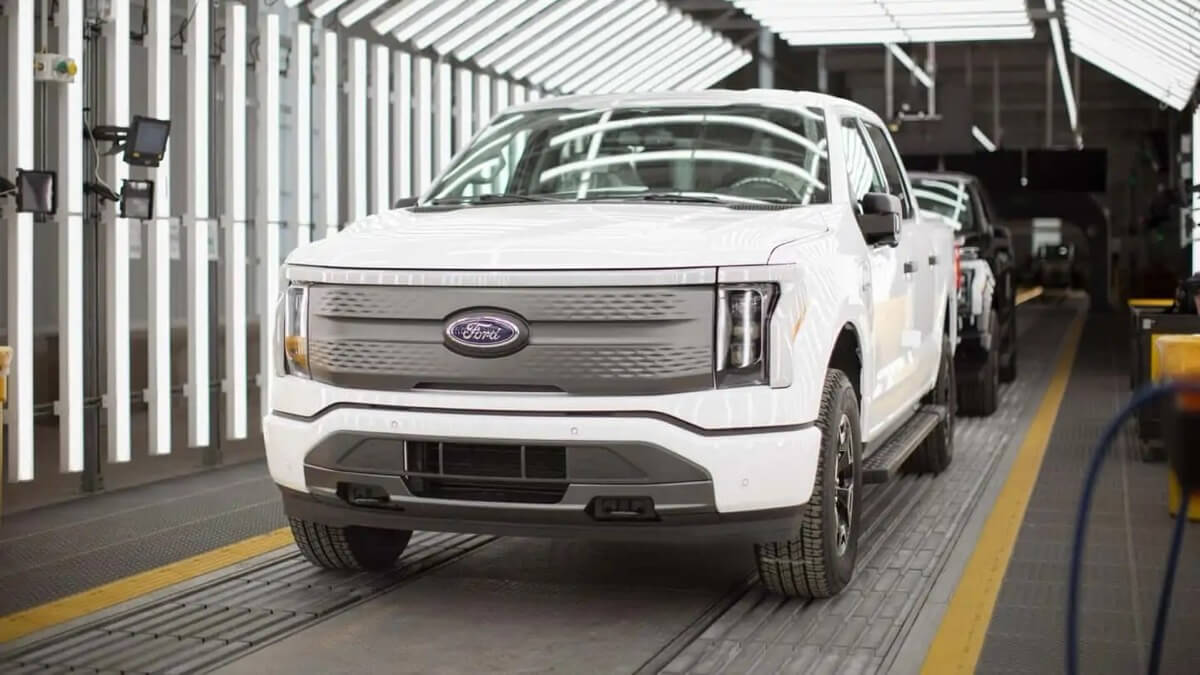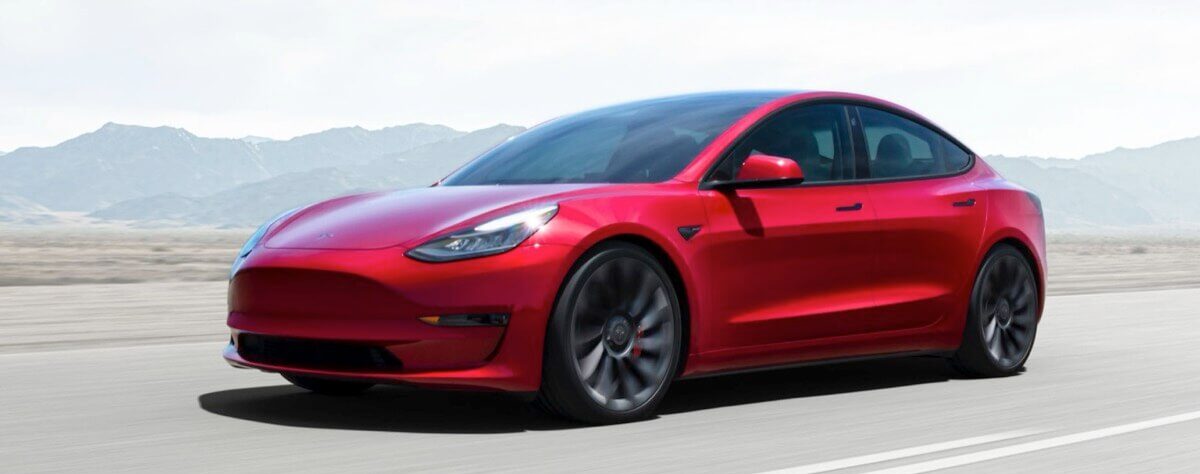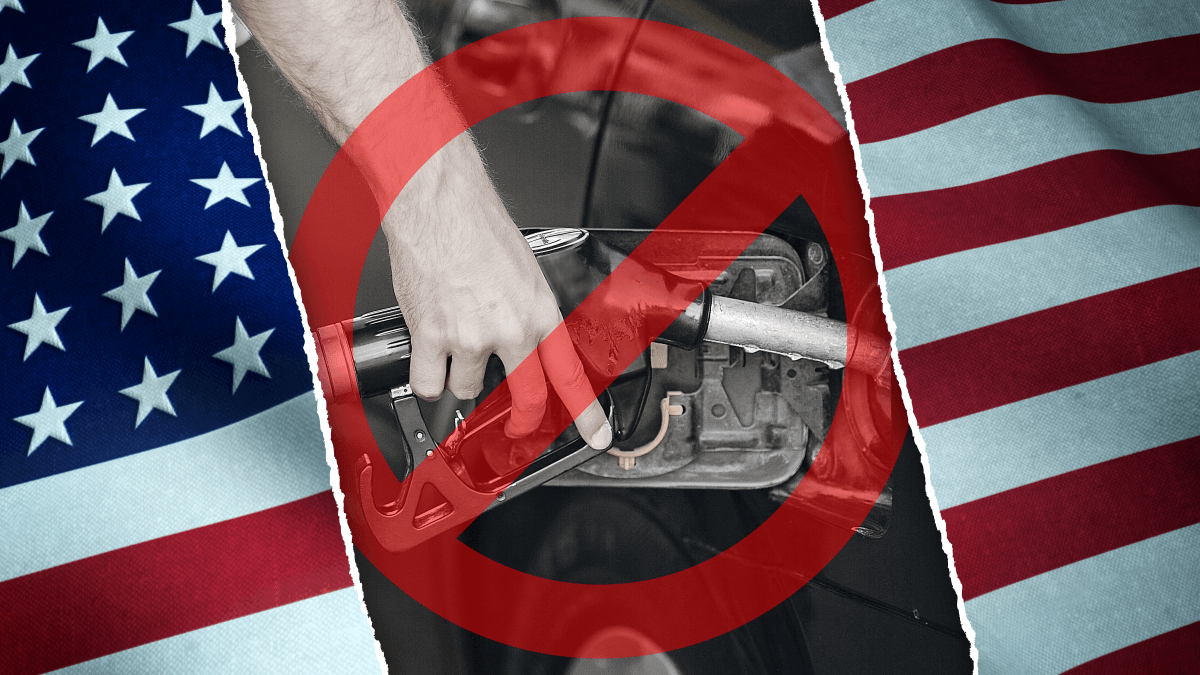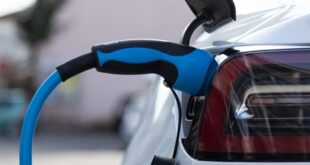The forced march towards an electric future accelerates as eleven states join California in banning gas-powered vehicles by 2035.
California is leading the charge to eliminate gas-powered cars, and it seems like many other states are ready to join the government-mandated electric bandwagon. Back in August 2022, the California Air Resources Board decided that by 2035, every new car, SUV, and pickup truck sold in the state should be zero-emission. While this rule won’t force people to ditch their existing gas guzzlers, it still means new sales will be all about electric vehicles (EVs) and certain plug-in hybrids.
Governor Gavin Newsom emphasized that cars shouldn’t contribute to worsening wildfires or rising sea levels. To meet these goals, California’s Advanced Clean Cars II rule mandates that 35% of new cars and light trucks must be zero-emission by 2026. This target rises to 68% by 2030 and, finally, 100% by 2035.
California isn’t alone in this green mission, as eleven other states have decided to follow suit, including Delaware, Maine, Maryland, Massachusetts, New Jersey, New York, Oregon, Pennsylvania, Rhode Island, Vermont, and Washington. Each of these states has moved to adopt California’s strict emissions standards, aiming to curb pollution and encourage widespread EV adoption.

Delaware chose to align with California’s standards after a public hearing back in April 2023. Maine held a public hearing in August 2023 and plans to implement the ban by 2028. Maryland’s Governor Wes Moore announced in March 2023 that the state would adopt the new regulations, citing significant health benefits. Massachusetts had already planned to follow California’s lead automatically thanks to its trigger law. New Jersey’s Governor Phil Murphy signed orders in March 2023 to kickstart the process.
New York started its journey towards the ban in September 2022, with regulations passed by the summer of 2023. Oregon adopted the ban in December 2022, and Pennsylvania lawmakers have agreed to implement the new regulations as well. Rhode Island enacted the policy in May 2023, and Vermont approved changes in November 2022. Washington, with a similar trigger law to Massachusetts, adopted the policy immediately after California.
➤ Read more: Jaguar Says Goodbye to Gasoline, Switching Entire Lineup to EVs Next Year
Interestingly though, some states that usually follow California’s lead are now hesitating. Colorado, for instance, has decided to make EVs more affordable through government-funded incentives rather than implementing an outright ban. Connecticut faced legislative infighting, and Virginia’s Republican lawmakers are pushing back against the ban hard. Minnesota also usually backs California’s standards but hasn’t automatically joined the ban this time.
On a national level, President Joe Biden aims for half of all new vehicle sales to be electric by 2030. He’s allocated $5 billion for a nationwide charging infrastructure and revised EV tax credits to boost domestic production. Luckily, a nationwide ban on gas-powered cars isn’t in the cards (yet).

Unfortunately, as pointed out by several industry analysts, EVs are, on average, significantly more expensive than gas-powered cars, which might raise the average price for consumers in the short term. There are also infrastructure concerns, like the need for more charging stations. However, in the long run, the lower operating costs of EVs and hybrids could benefit consumers — but that’s still to be seen.
To prepare for the changes coming ahead, Automakers are also shifting gears. General Motors plans to sell only zero-emission cars by 2035, and other companies like Jaguar, Volvo, and Rolls-Royce are aiming for 2030. Nissan recently announced it has stopped developing gas engines to go all-in on EVs. Meanwhile, Toyota and Lexus have more gradual plans, reflecting the complexity and varied approaches to phasing out gas-powered vehicles.
As states and automakers move forward, it’s clear that the road ahead is electric, even if it takes a few detours along the way.
What about you? Will your next car be an EV? And, most importantly, are you onboard with a government-mandated EV revolution?
Let us know in the comment section below! ✌️








